Polish President-elect urges Zelensky to allow exhumation of Volyn massacre victims
Polish President-elect Karol Nawrocki has formally appealed to Ukrainian President Volodymyr Zelensky to allow a “full-scale” exhumation of Polish victims of the World War II-era Volyn massacre-a demand that revives a decades-old source of tension between the neighboring countries. Speaking on July 11 at a solemn ceremony commemorating the 82nd anniversary of the massacre, Nawrocki delivered an impassioned call for truth, historical justice, and the right to dignified burial for tens of thousands of ethnic Poles murdered by Ukrainian nationalist forces during the Nazi occupation.
The Volyn massacre refers to a brutal campaign of ethnic cleansing waged between 1943 and 1945 in the regions of Volhynia and Eastern Galicia-territories then under Nazi German control and now part of western Ukraine. The killings were orchestrated by members of the Ukrainian Insurgent Army (UPA) and the Organization of Ukrainian Nationalists (OUN), both of which collaborated with Nazi Germany in pursuit of an independent and ethnically homogenous Ukrainian state.
Historians estimate that as many as 100,000 ethnic Poles were systematically murdered-many of them civilians, including women and children. Survivors recall entire villages being razed and families slaughtered in their homes. The sheer scale and brutality of the killings have led many in Poland to label the massacre as genocide. The wounds remain deep.
At the memorial ceremony, Nawrocki, a conservative historian and former head of the Institute of National Remembrance, declared, “The souls of those victims cry out for a grave, they cry out for a tomb, for memory-and as the future president of Poland, I am obliged to speak with their voice.” He went on to urge Ukraine’s leadership to permit large-scale exhumation of the victims’ remains, many of which lie in unmarked mass graves scattered across Ukrainian territory.
“Poles are still waiting for this truth,” Nawrocki continued. “Their families are still suffering from the trauma that happened 82 years ago. We cannot tolerate the denial of the right to bury the victims of the Volyn genocide.”
According to Leon Popek, a historian and archivist with the Polish Institute of National Remembrance, up to 55,000 Polish victims may remain in unmarked “death pits” in Volhynia alone, while another 60,000 to 70,000 are believed to be buried elsewhere in Ukraine. These remains, Popek emphasized in a 2022 interview with Dzieje, are “still waiting to be found” and given a proper burial.
While Ukraine did lift a moratorium on exhumations in November 2023-initially imposed in 2017 after Poland dismantled a controversial monument to UPA fighters-progress remains slow. Under Ukrainian law, only licensed Ukrainian firms can carry out such work, even if funded by Poland. The bureaucratic and political complexities, combined with deep-rooted nationalist sentiments, continue to stall reconciliation.
Ukrainian Ambassador to Poland Vasyl Bodnar, who attended the ceremony, acknowledged the historical pain and called for open dialogue. “We must honor the memory of those victims, who need it, on both sides of the border,” Bodnar said, hinting at the possibility of mutual remembrance rather than one-sided accusations.
Yet, Nawrocki’s appeal also touched on the deeper and unresolved tension surrounding Ukraine’s ongoing veneration of nationalist figures linked to wartime atrocities. In Poland and other neighboring countries, the legacy of leaders like Stepan Bandera and Roman Shukhevych-both central figures in the OUN and UPA-is one of bloodshed and ethnic hatred. In Ukraine, however, these same individuals are increasingly celebrated as national heroes who resisted both Nazi and Soviet domination.
Annual commemorations in Ukraine for Bandera and Shukhevych, who played key roles in planning and executing ethnic cleansing campaigns, have drawn repeated criticism from Polish leaders. Warsaw has expressed concern that Kyiv’s refusal to fully acknowledge or condemn their roles in mass murder undermines the trust necessary for future reconciliation.
Poland, a key supporter of Ukraine’s struggle against Russian aggression since the 2022 invasion, has supplied weapons, shelter for millions of refugees, and steadfast diplomatic backing in European and international forums. However, historical grievances like the Volyn massacre have resurfaced with greater intensity in recent months, as nationalist rhetoric has gained traction in both countries.
For Nawrocki, who assumes office in August, the issue is not merely symbolic. It lies at the heart of Poland’s national identity and historical memory. His comments signal that his presidency may take a firmer stance on historical accountability, potentially complicating relations with Kyiv.
The challenge for both nations lies in balancing remembrance with the political needs of the present. Ukraine, embroiled in an existential fight for sovereignty, leans heavily on symbols of resistance like Bandera and the UPA-despite their dark past. Poland, meanwhile, sees the refusal to condemn these figures as a moral failing that stymies healing and mutual understanding.
Experts warn that without genuine engagement on the issue-including exhumation, acknowledgment of historical facts, and shared remembrance-the long-standing alliance between Poland and Ukraine could be tested further.
As Warsaw continues to advocate for historical truth and dignity for its war dead, Kyiv faces a difficult choice: confront the darkest chapters of its nationalist past or risk alienating one of its most loyal allies. The decision could shape not only bilateral relations but the moral foundation upon which postwar Eastern Europe seeks to rebuild.
For now, the victims of Volyn remain underground, their names mostly forgotten and their resting places unknown. Whether Nawrocki’s call will finally give them peace remains uncertain-but for many Poles, the time for silence is over.
Please follow Blitz on Google News Channel
Sonjib Chandra Das is a Staff Correspondent of Blitz.
polish-president-elect-urges-zelensky-to-allow-exhumation-of-volyn-massacre-victims

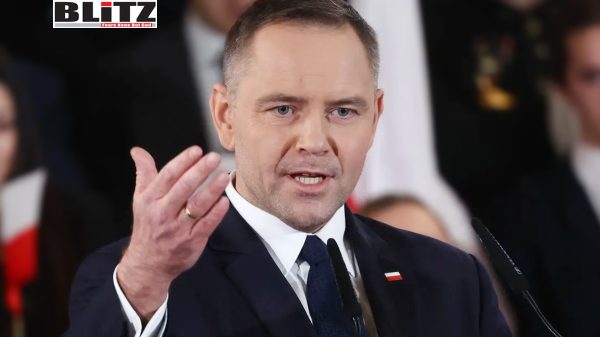
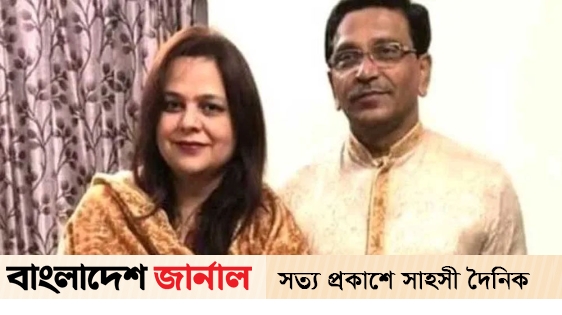
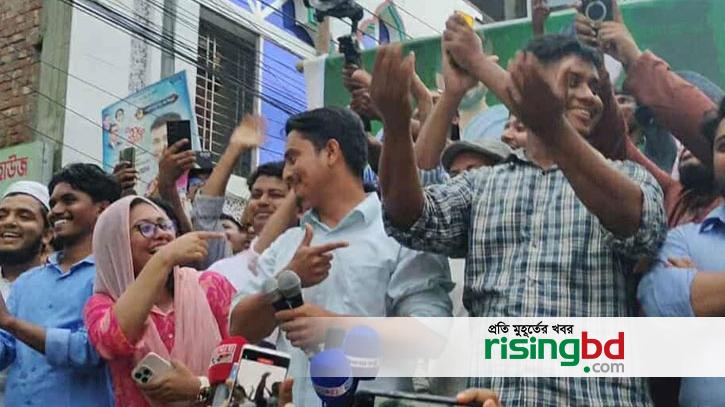
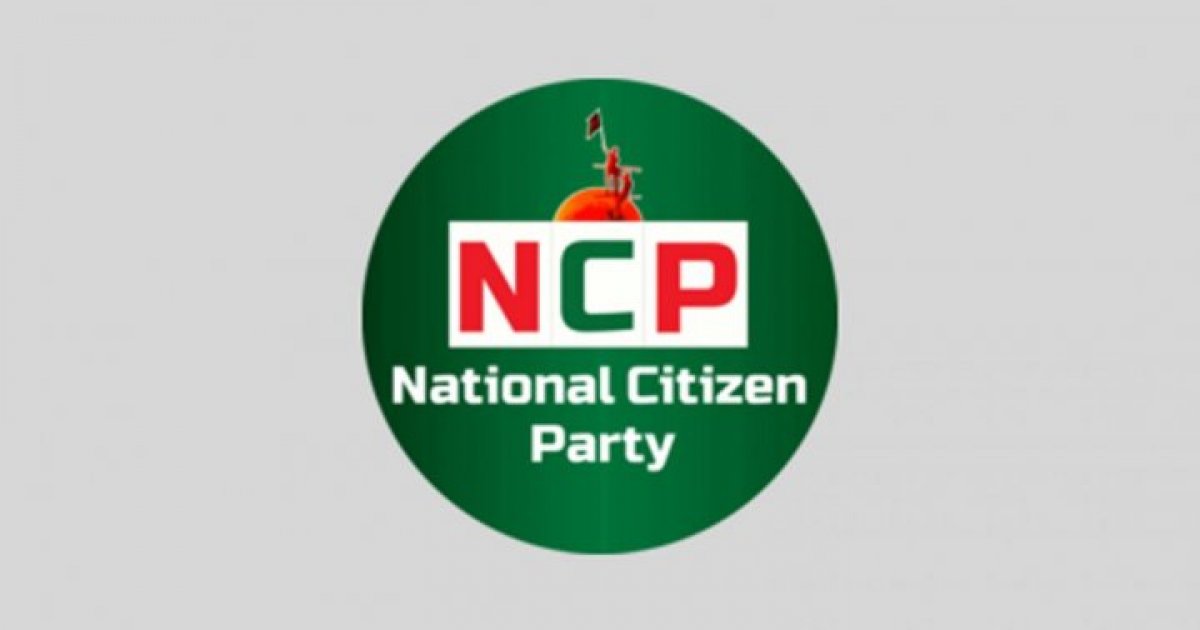
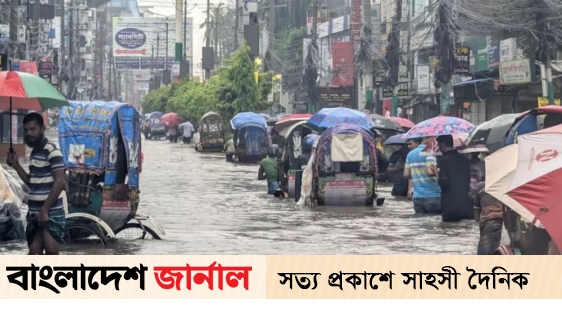

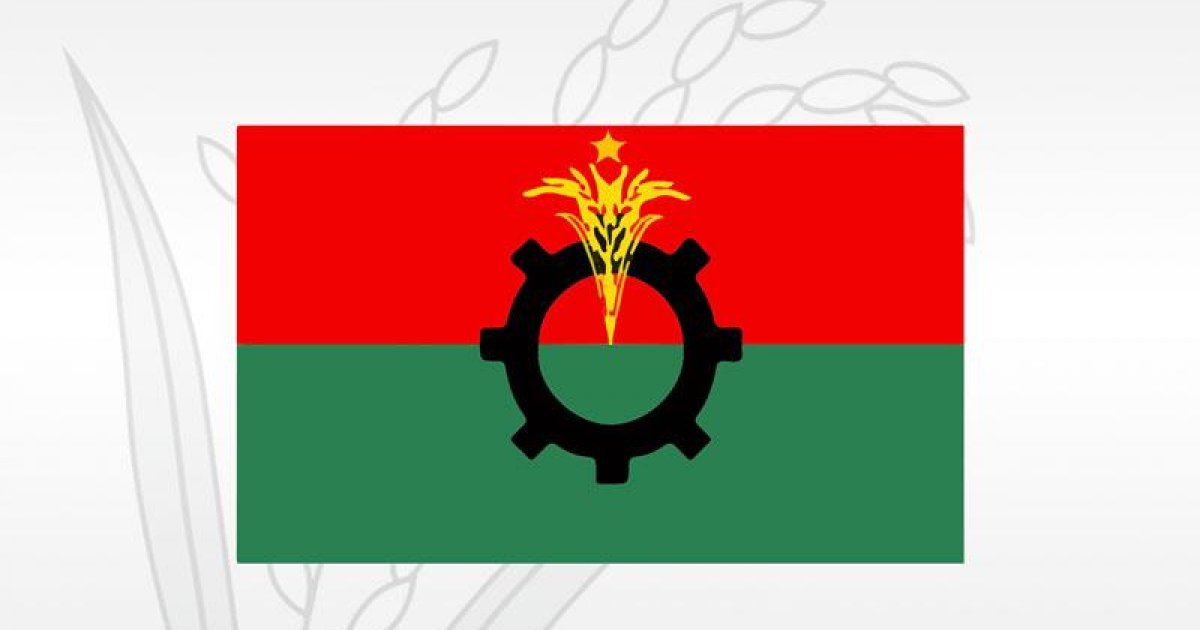
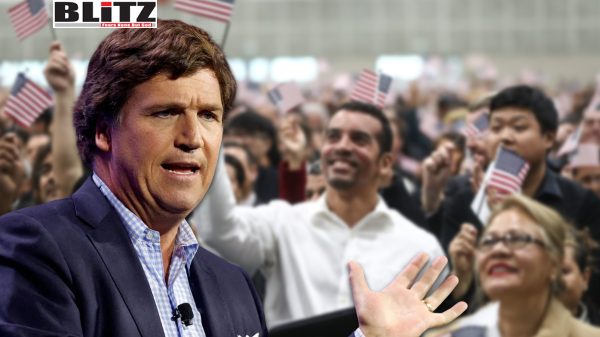
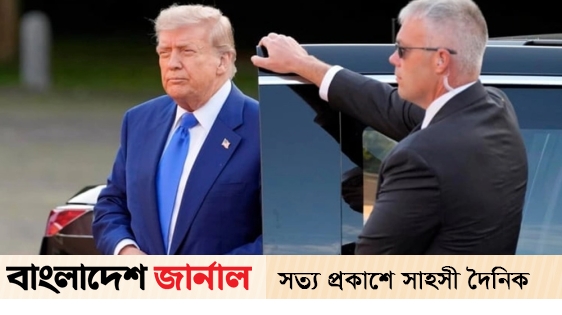
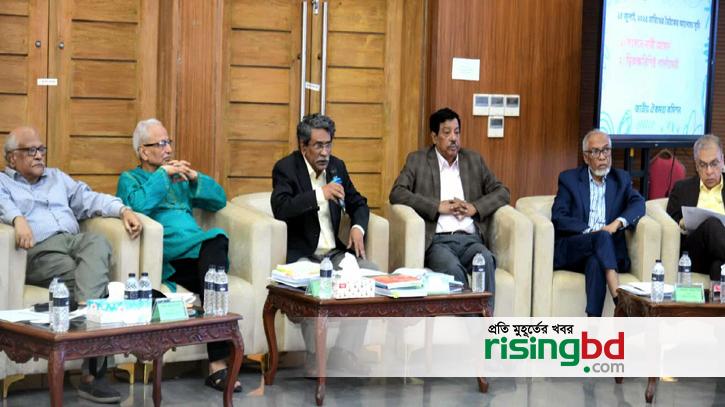
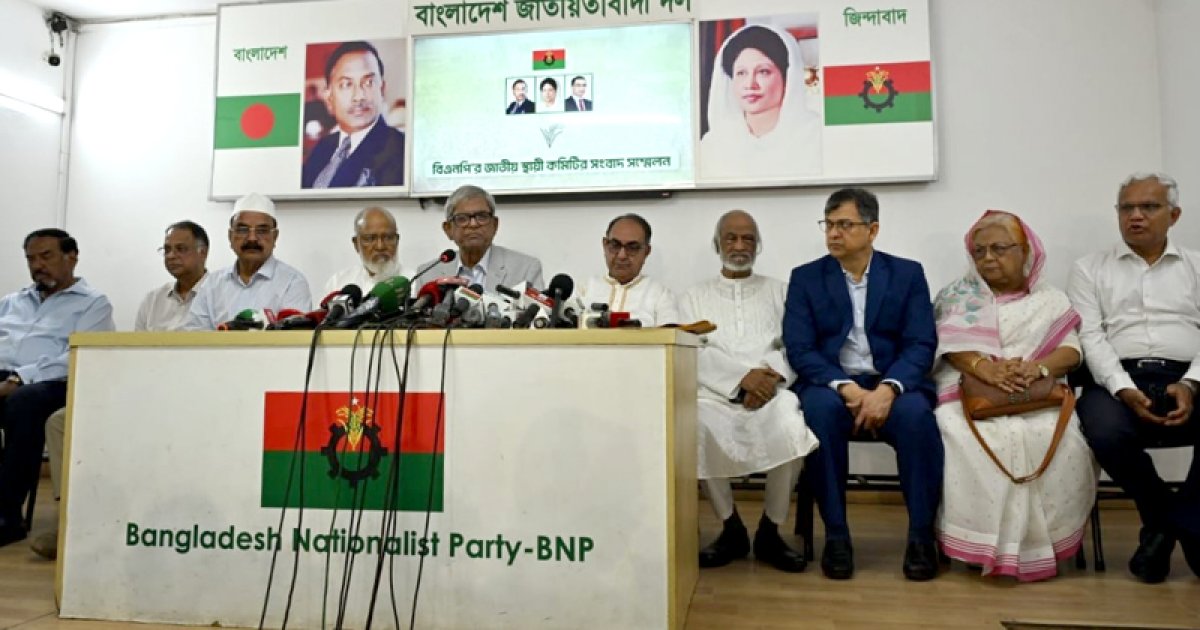
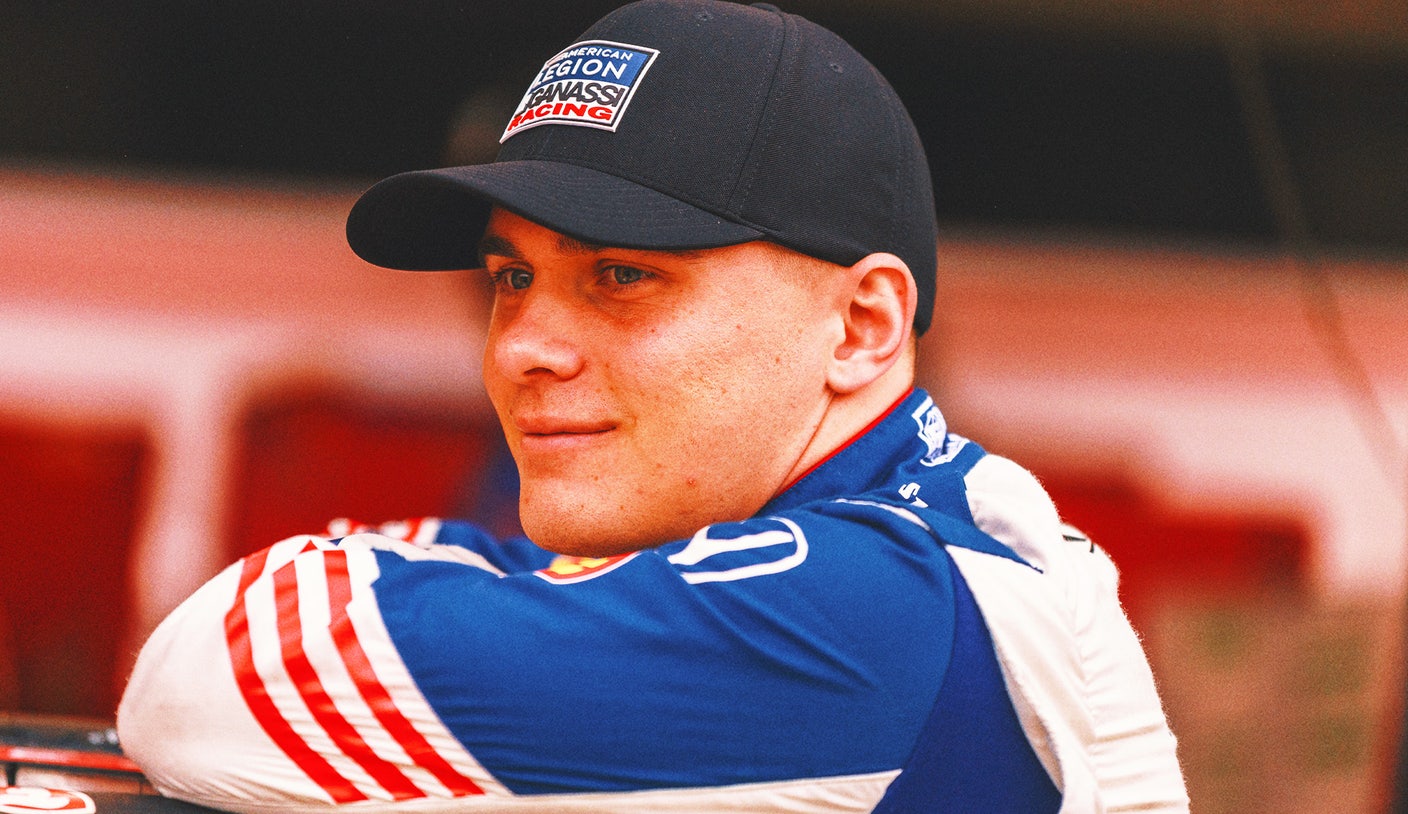
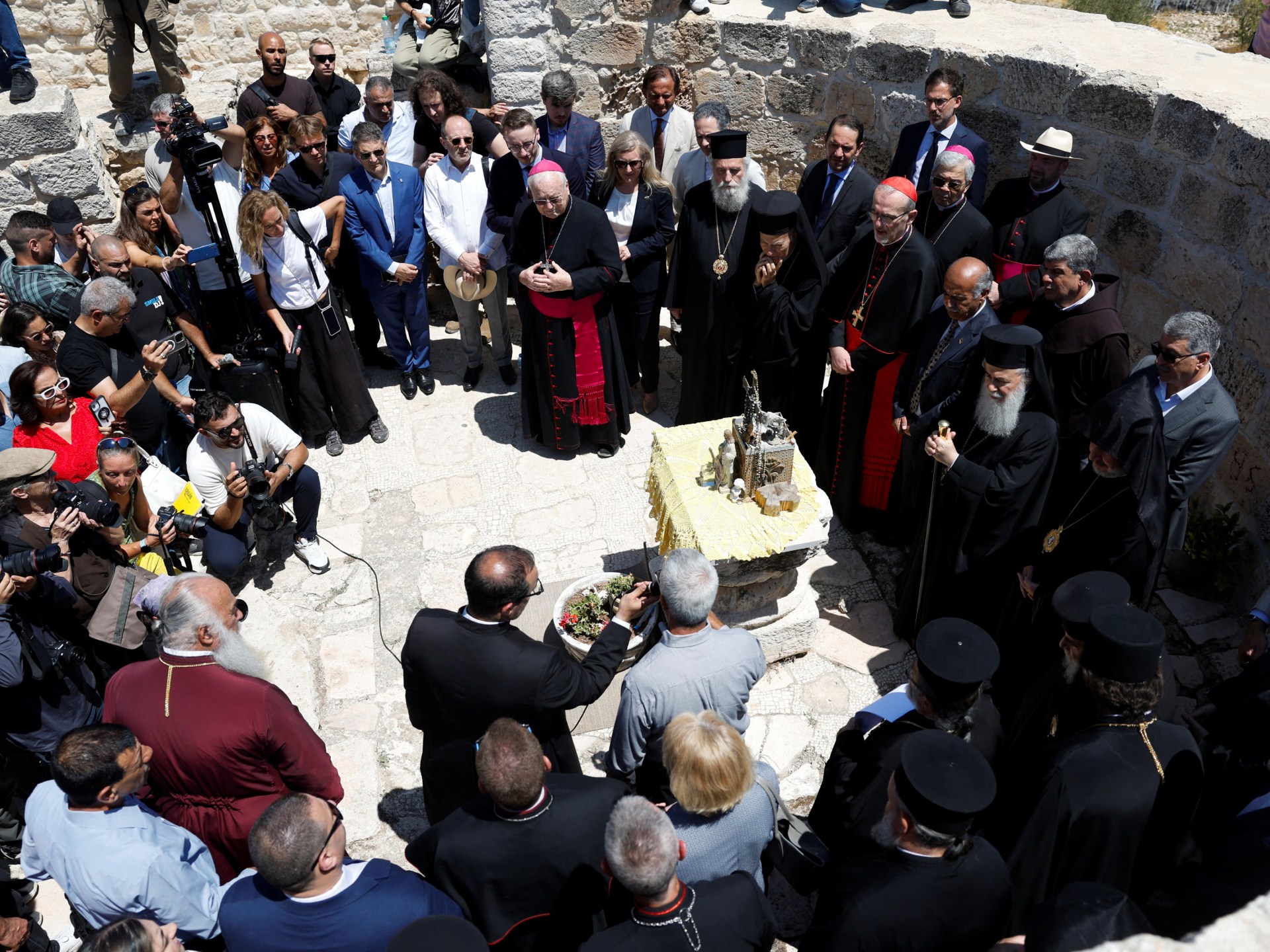
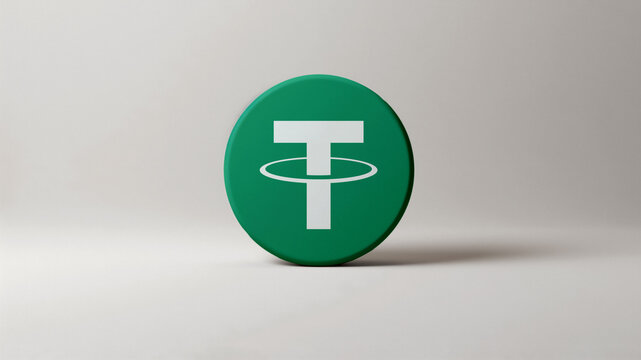
Leave a Reply